Halon is used to extinguish the fire, but according to the report and scientific proof, the manufacturing of halon got stopped, yet many people still take it into use. This has caused a lot of doubts and questions; read this guide to answer all your questions.
What Is Halon Decommissioning?
Quick Navigation
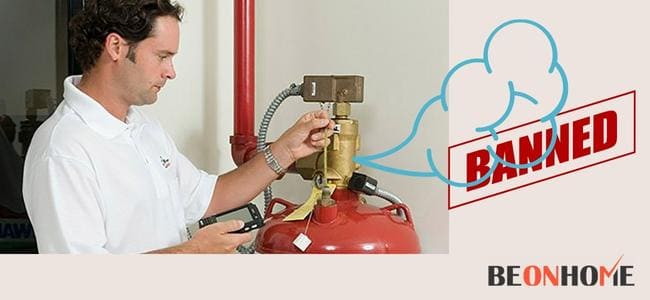
Halon is a liquified gas used to extinguish the fire by chemically intervening in the burst response. It can be used in dynamic areas, also described as chemically stable with low toxicity that does not provide any damage to liable supplies, documents, files, and useful assets.
It is justified as a safe chemical around people.
Many people can face breathing problems, dizziness, and headache while halon is in use, so make sure to seek medical consultation if anyone you know faces this issue.
As the manufacturing stopped of this extinguisher, manufacturers have kept it in their stores for sale.
Why Was Halon Discontinued?
According to a report, Halon was discontinued in 1994 due to a determination that it harms and exhausts the ozone layer. And from then, the agencies of the US banned the manufacture of the Halon and started to look for how it could be replaced.
The gas that came from the Halon harmed the environment, but you will find out there are still some systems present in service.
You will not be able to find halon in the United States, and they are not available in a large amount of quantity. A content name bromine was present in the Halon that could obliterate the ozone molecules.
How Do You Dispose Of Halon?
If you still own halon and planning to dispose of it, then read the following ways by which you can dispose of Halon;
1. Reach out to Halon disposal service
Even after the ban on halon, it did not disappear completely; hence there are still a few services available for businesses and the public that helps you with the disposal of halon and other types of gases that drains the ozone layer.
You can contact the services by dialling their numbers, and they will arrange people for you to dispose of Halon. You can also take help from the local fire stations and the companies that offer you services.
2. Get in touch with the Fire suppression system
The second way by which you can dispose of your halon is to get in touch with the fire suppression system recycling company; it is also a licensed company that works in the disposal and recycling of fire suppression.
You can contact them if you are also planning to dispose of your halon, as they will safely empty all chemicals placed in your house, like halon and many more.
They have trained people hired who can help remove the things that have halon. You will also be provided with a certificate of recycling after the successful disposal of Halon.
3. Sell it to a halon agency
As mentioned above, the production of halon got banned as it depletes the ozone layer. Hence, it is no longer gets used, and if you still own it but planning to deploy it,
then one of the best ways is to sell it to a halon agency. You can sell your halon at a fair price as there are a lot of companies who are willing to purchase it for a good amount.
It gets difficult for people to know if the price is a good amount or not, so it is best that you sell your halon to a good agency, and in return, you will get a reasonable amount in exchange for your halon.
Is Halon Gas Banned?
In 1994, halon production was discontinued after proof that it is not environmentally friendly and depletes the ozone layer. A few replaced chemicals were offered, but none of them worked as halon had a decent performance, which was hard to meet.
Therefore, Halon was not banned, but it got a new product, including a few substitutes available with new protection techniques that helped fill the gaps formed from the new production.
Are Halon Fire Extinguishers dangerous to health?
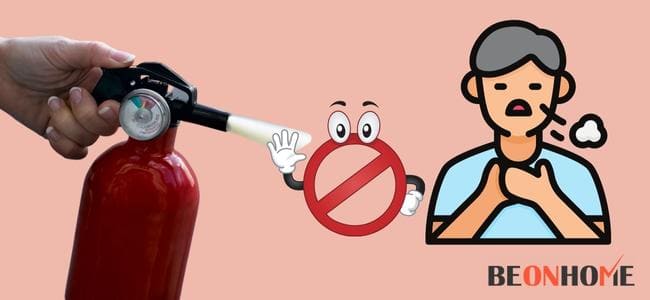
Halon fire extinguishers were not environment friendly, which is why the agency of USA banned the manufacturing of the halon fire extinguishers.
According to scientific facts, it depletes and harms the ozone layer and causes a lot of harm to the human body; the risks include eye infection, burning of the skin, coughing, dizziness, and many more side effects.
Safe Decommissioning Of Halon Systems
A guide was prepared to help the person who is concerned with decommissioning halon cylinders with the designation and procedures of safe for the available cylinders; all these methods are essential for the safe commissioning of the cylinders and halon,
and these help in handling the possible risks that are associated with the safe decommissioning. There were special guidelines from the FSSA (Fire Suppression system Association) that the decommissioning of halon should only be performed by a qualified and
someone who is experienced and it should be trained in safe handling that comes in removing, fitting, shipping, and emptying the cylinders that contain halon or other extinguishes. It must be performed in agreement with the methods defined in manufacturer manuals, mostly in maintenance, service, and operation.
Final Talk
Many people still wonder if halon is banned or if someone owns it, how can they dispose of it, which is why it was mandatory to guide people.
You can dispose of your halon; all those steps and guides are mentioned above. Make sure to go through the whole guide as it will make you clear your all doubts and it will be beneficial for you. We hope that it will be of some use.

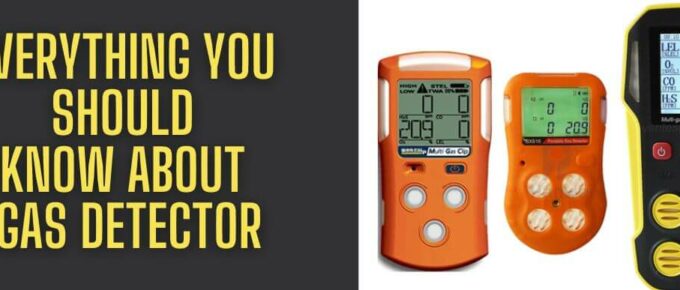
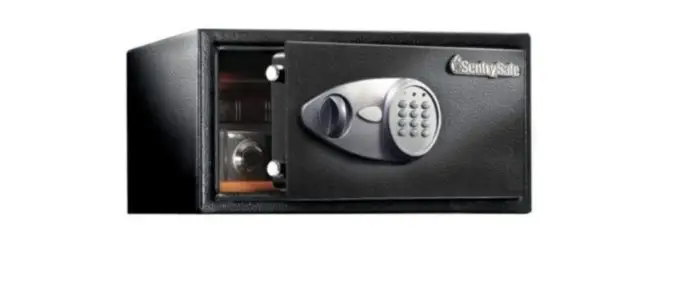
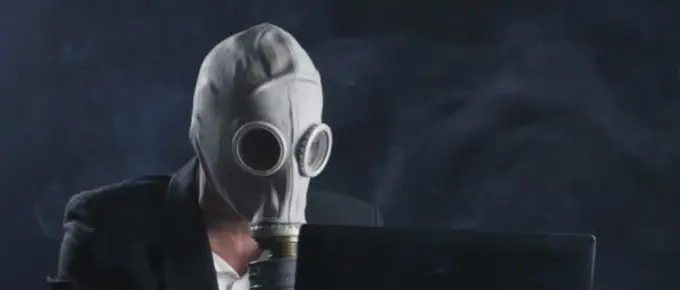
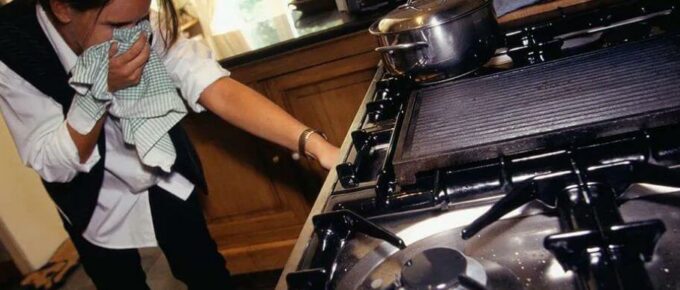
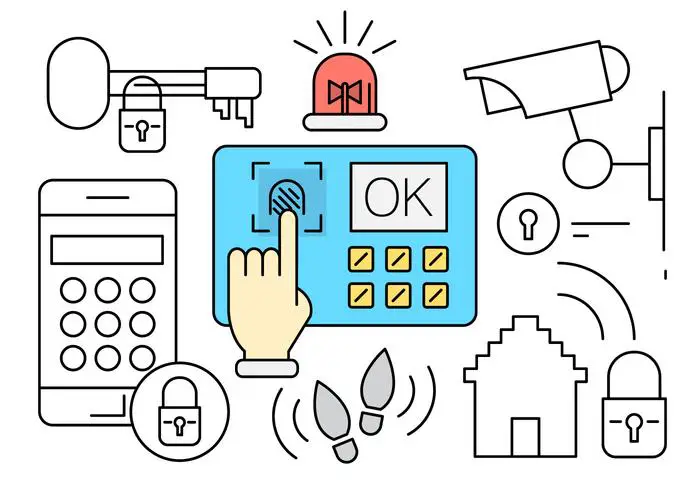
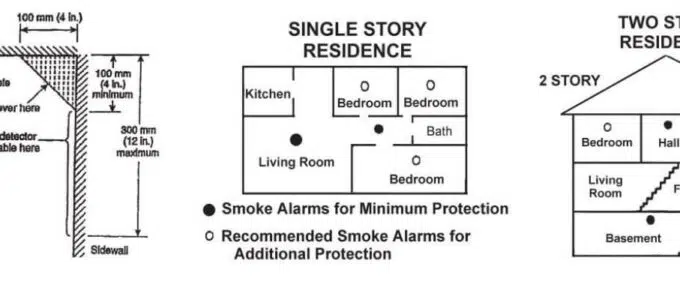
Leave a Reply